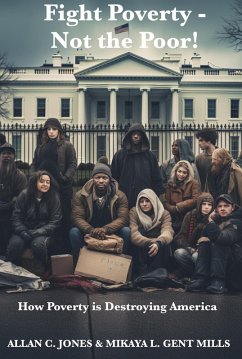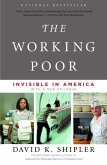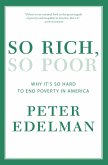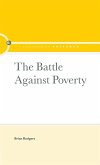The authors identify poverty as a central problem that intertwines with various other challenges, like racism, education, healthcare, gun control, and more. They argue that addressing poverty is essential for addressing other issues, as it serves as a unifying theme. The authors criticize the partisan nature of American politics, emphasizing that both major parties share responsibility for the nation's problems.
The authors express concern about the suppression of information and the distortion of reality in politics. They discuss media bias and encourage readers to expand their perspectives by consuming information from diverse sources. They also highlight the complexity of the U.S. government and how its subsystems are interconnected, making solutions to individual problems intricate.
The latter part of the text presents a perspective on societal issues, particularly within minority communities. They urge readers to imagine themselves in Dorothy's shoes from "The Wizard of Oz" and "The Wiz" - to comprehend the intricacies of various societal issues and recognize that change begins with acknowledging and addressing these problems. The authors advocate for collective action to tackle poverty and the broader issues it's intertwined with, promoting unity and informed decision-making as the way forward. They illustrate how poverty and societal norms can limit upward mobility. The authors emphasize the need for individuals to understand the roots of societal problems to address them effectively.
Dieser Download kann aus rechtlichen Gründen nur mit Rechnungsadresse in A, B, CY, CZ, D, DK, EW, E, FIN, F, GR, H, IRL, I, LT, L, LR, M, NL, PL, P, R, S, SLO, SK ausgeliefert werden.
Hinweis: Dieser Artikel kann nur an eine deutsche Lieferadresse ausgeliefert werden.









